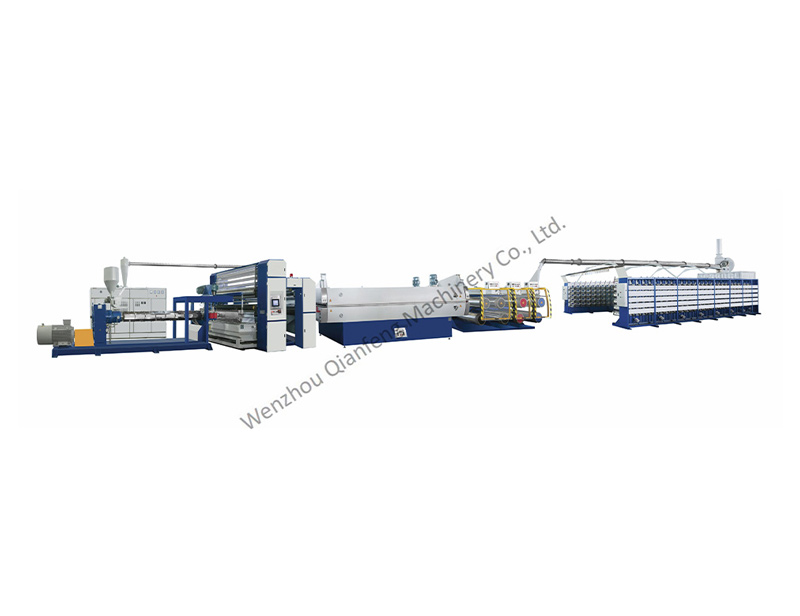For businesses in agriculture, chemicals, or construction, woven bags are essential for bulk material packaging—but production efficiency hinges on the right equipment. Many manufacturers ask: What makes a functional Woven Bag Production Line, and how is it different from standalone machines? This article breaks down its core, focusing on practical, real-world manufacturing needs.
A common myth: A Woven Bag Production Line is one device. In truth, it’s a connected system that streamlines the entire process from raw woven fabric to finished bags.
Key integrated steps (no separate manual tools needed):
Precise cutting of woven fabric
Durable sewing with single or double seam options
Insertion of protective liners such as PE film to resist moisture
Finishing including top hemming and sealing
This eliminates manual material transfer, reduces errors, cuts production time, and ensures consistent bag quality.
Woven bags serve different purposes—grain storage, chemical packaging, sand transport—and a reliable Woven Bag Production Line must adjust to these variations.
Two core adaptability features:
Material compatibility: Handles both laminated and non-laminated woven fabrics, plus materials ranging from 35 to 200 grams per square meter (GSM).
Size flexibility: Adjusts to bag widths between 300mm and 1500mm, and accommodates varying lengths for small-scale to bulk packaging.
No need for separate lines—one system tweaks to match industry-specific demands.

Labor costs and human error plague woven bag manufacturers—and a strong Woven Bag Production Line solves both with full automation that requires minimal human intervention.
Automation highlights:
Sensors for precise cutting lengths
Programmable modules for consistent stitching
Liner insertion mechanisms that operate without manual alignment
Remote control to monitor and tweak settings from a central panel, without the need to stand beside each machine
This cuts required workers for cost savings in large production, and reduces defects and waste from manual handling.
Material waste like uneven cuts and misaligned seams eats into manufacturers’ profits—and a well-designed Woven Bag Production Line addresses this with targeted features.
Waste-reduction tools:
Dual-calibration systems that ensure fabric alignment before cutting, which lowers scrap caused by misalignment
GSM-matching settings that adjust processing speed based on fabric thickness to avoid over-trimming
Stitch-tension control that prevents fabric fraying or tearing during sewing, reducing defective bag waste
This not only saves on raw material costs but also supports more sustainable production practices.
A Woven Bag Production Line is more than equipment—it unifies efficiency, adaptability, automation, and waste reduction for packaging manufacturers. It addresses core challenges: lowering costs, ensuring quality, meeting diverse industry needs, and minimizing material loss.
To explore tailored systems for your goals in agriculture, chemicals, or construction, visit Wenzhou Qianfeng Machinery’s product page. With decades of experience optimizing woven bag workflows, their solutions align with the practical needs outlined here.
Outer Bag Cutting Length (mm):600-1200
Outer Cloth Width (mm):450-650
Inner Bag Wider than Outer Bag (mm) +20
Outer Bag Cutting Length (mm):600-1200
Outer Cloth Width (mm):400-680
GET A QUOTE